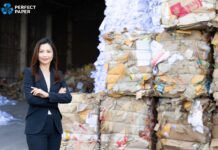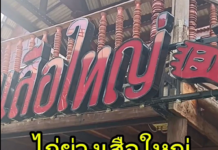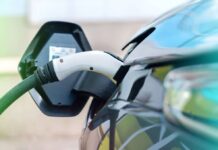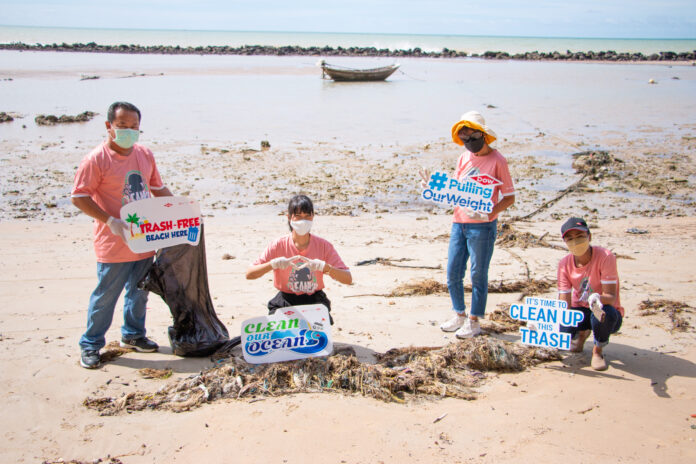
To recognize International Coastal Cleanup Day 2021, the Department of Marine and Coastal Resources (DMCR) and the Industrial Estate Authority of Thailand (IEAT) teamed up with Dow Thailand Group, industrial entrepreneurs in Rayong, and other local public and private organizations for the #PullingOurWeight virtual campaign. The campaign encouraged people to remove waste from local waterways and separate household waste at its source; proactively stopping it from entering the environment. Over 1,500 volunteers across the country have removed and separated more than 1,960 kilograms of waste. The waste will go through reuse or recycling processes according to the circular economy principle as part of an effort to sustainably manage marine waste problems.
The International Coastal Cleanup Day campaign in Rayong has been conducted for nineteen consecutive years. The organizers invited the public to take part until September 18 in the first #PullingOurWeight virtual campaign, organized according to this year’s “new normal” due to COVID-19. The event encouraged people to remove waste from local waterways and to separate household waste, which has surged dramatically as people spend most of their time at home. Waste was segregated into plastics, glass, paper, and metal and separated from food and contaminated waste to be sold to local junk shops for recycling—helping reduce waste pollution and waste disposal.
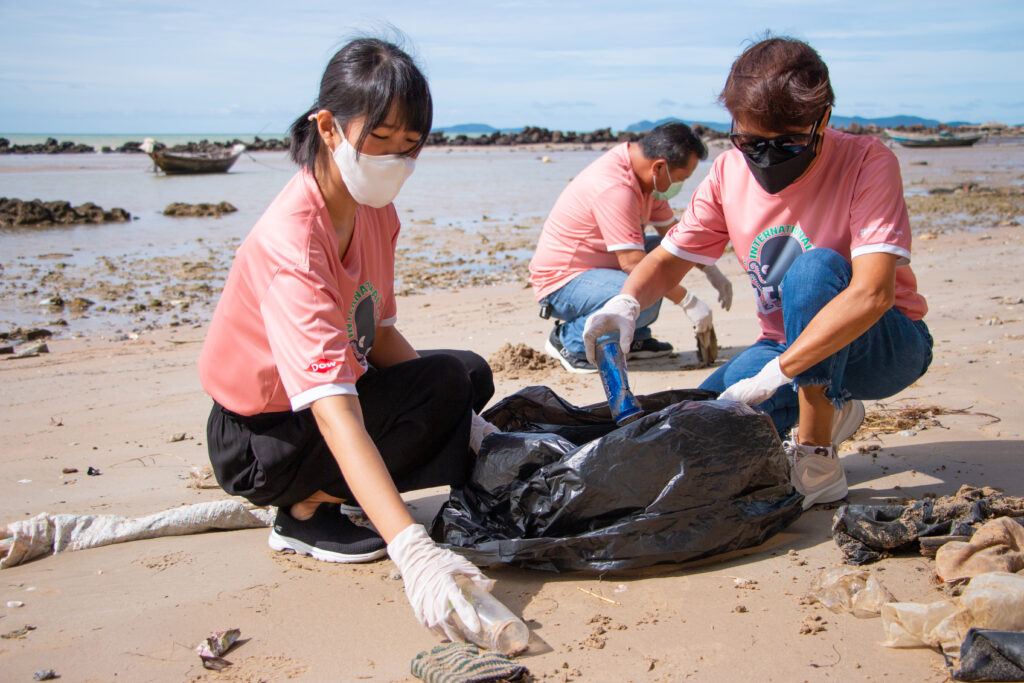
“Despite the COVID-19 situation, it remains crucial to take care of the environment. The #PullingOurWeight campaign ensures continuity of Dow’s commitment to the International Coastal Cleanup Day, for which Dow has been driving activity in Thailand for several years. It also built on the ‘Stop the Plastic Waste Challenge’ online campaign held two months ago,” said Chatchai Luanpolcharoenchai, Dow Thailand President. “The campaign, which has attracted many volunteers, sought not only to engage people in removing and separating waste during the campaign period, but also to raise awareness of waste segregation at the source, particularly used plastics which are too valuable to be waste and should be properly recycled to optimize their reuse. The campaign, aimed to advance a circular economy, aligns with our Sustainability Targets to stop the waste and close the loop.”
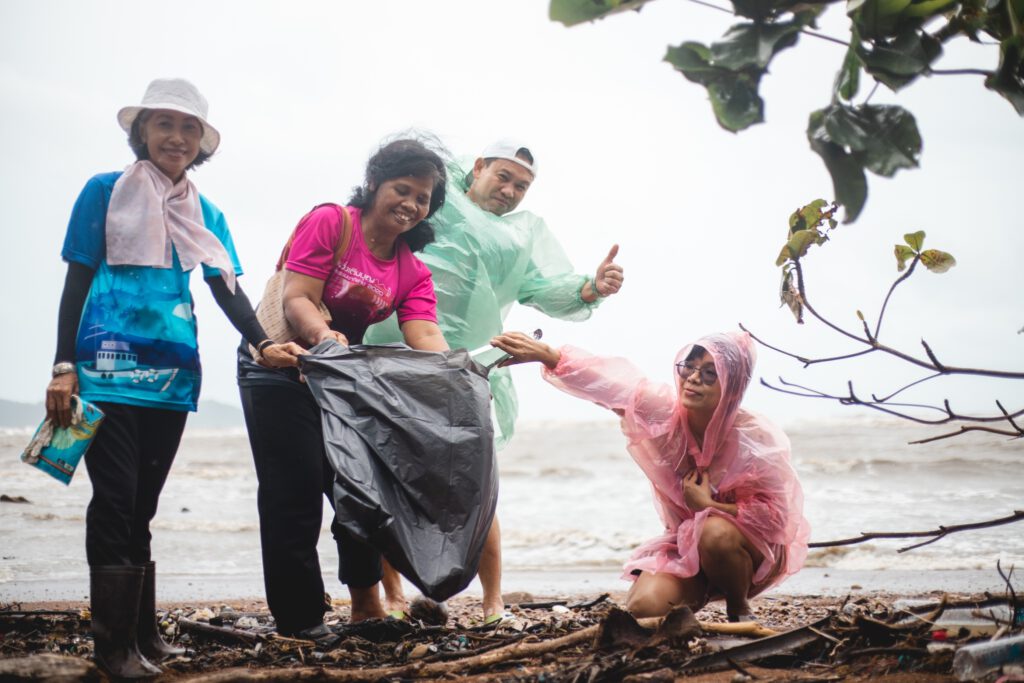
Ocean Conservancy initiated International Coastal Cleanup Day 36 years ago. This year, the campaign enters its 19th year in Thailand. Out of safety concerns in the wake of the COVID-19 pandemic, this year’s event—instead of inviting a large group of volunteers to collectively participate in waste collection—encouraged environmentally conscious volunteers from across Thailand to remove waste from nearby waterways or separate household waste products, take pictures, and send them to record.
Sopon Thongdee, Director-General of the Department of Marine and Coastal Resources (DMCR), said, “The campaign was a collaboration between the public and the private sectors to stop plastic from entering the environment, while raising awareness and building engagement among all relevant parties in solving the problem. It also created an opportunity to revive and restore the nation’s environment by preventing ocean waste pollution. As an organization responsible for the management and protection of marine and coastal resources, DMCR has continuously demonstrated strong commitment to solving marine waste pollution with our various efforts, including trash trapping, deploying floating garbage collectors, river litter booms in estuaries nationwide, diving to collect garbage under the sea and in coral reefs, and promoting waste segregation at the source. The public and tourists are also encouraged to participate in coastal cleanups, after which the collected waste will go through a proper value-added chain in accordance with the circular economy principle.”
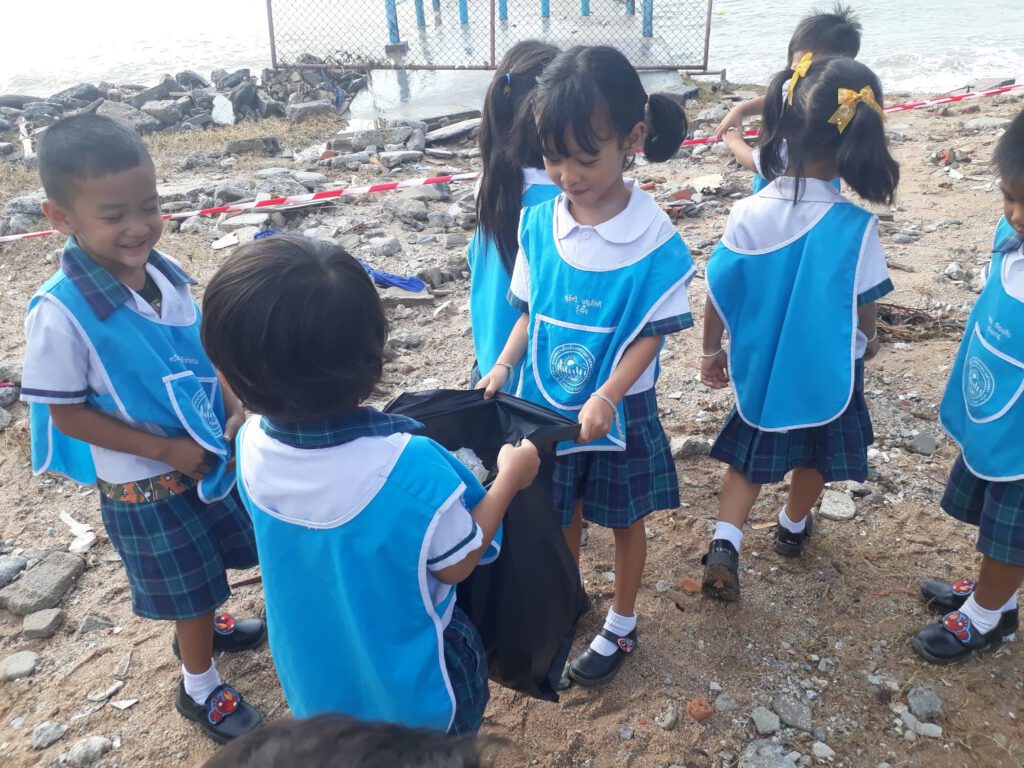
“As Thailand’s current policy aims to enhance the environment under the new Bio-Circular-Green economic model, IEAT is focusing on pushing forward projects that will support the industrial sector in its efforts to effectively ensure optimum use of natural resources. Led by Chakart Patanasri, Director of Map Ta Phut Industrial Estate Office, IEAT has worked together with industrial manufacturers and government agencies in Rayong province to carry on this activity and pool everyone’s efforts to play a critical role in cooperatively improving the coastal ecosystem, which will help bring about the country’s natural resource sustainability,” said Veeris Ammarapala, Governor of the Industrial Estate Authority of Thailand (IEAT).
Through collective efforts of all parties involved in the #PullingOurWeight campaign, 196,951 pieces of trash were removed, consisting of 104,677 pieces of plastic waste, 3,567 pieces of glass waste, 32,740 pieces of paper waste, 1,703 pieces of metal and aluminum waste, and 54,264 pieces of other waste products. The success shows that waste separation at the source can indeed reduce the waste amount, especially valuable plastic waste. It also prevents household waste from polluting the natural environment while aiding families and communities in generating extra income. With continued cooperation in waste separation from everyone, the marine waste problem can be sustainably managed.





















